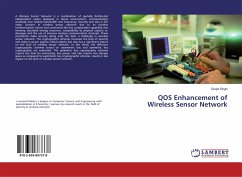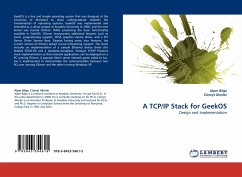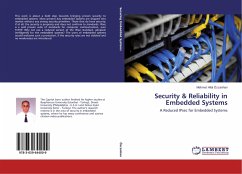This work analyzes the impact of security protocols on clocks synchronized by IEEE 1588v2. An emphasis is put on high-precision clock synchronziation. The work investigates the security mechanism used to protect the traffic, which carries timing information. A security analyzis performed on Annex K of IEEE 1588v2, the native solution, reveals a fundamental flaw in the protocol, which makes the Precision Time Protocol (PTP) network prone to man-in-the-middle and replay attacks. The security extension of the Precision Time Protocol (PTP) is compared against the Internet Protocol security (IPsec), which is a widespread protocol used to establish secure communication for Internet Protocol (IP) packets. These two security schemes are used to explore the influencing factors, which affect the precision of the clock synchronization. The performed measurements show that the various security protocols have a clear impact on the Packet Delay Variation (PDV). Further measurements show that the Packet Delay Variation introduced by the security protocols has only a minor impact on the quality of the high-precision clock synchronization based on software implementations.
Bitte wählen Sie Ihr Anliegen aus.
Rechnungen
Retourenschein anfordern
Bestellstatus
Storno








